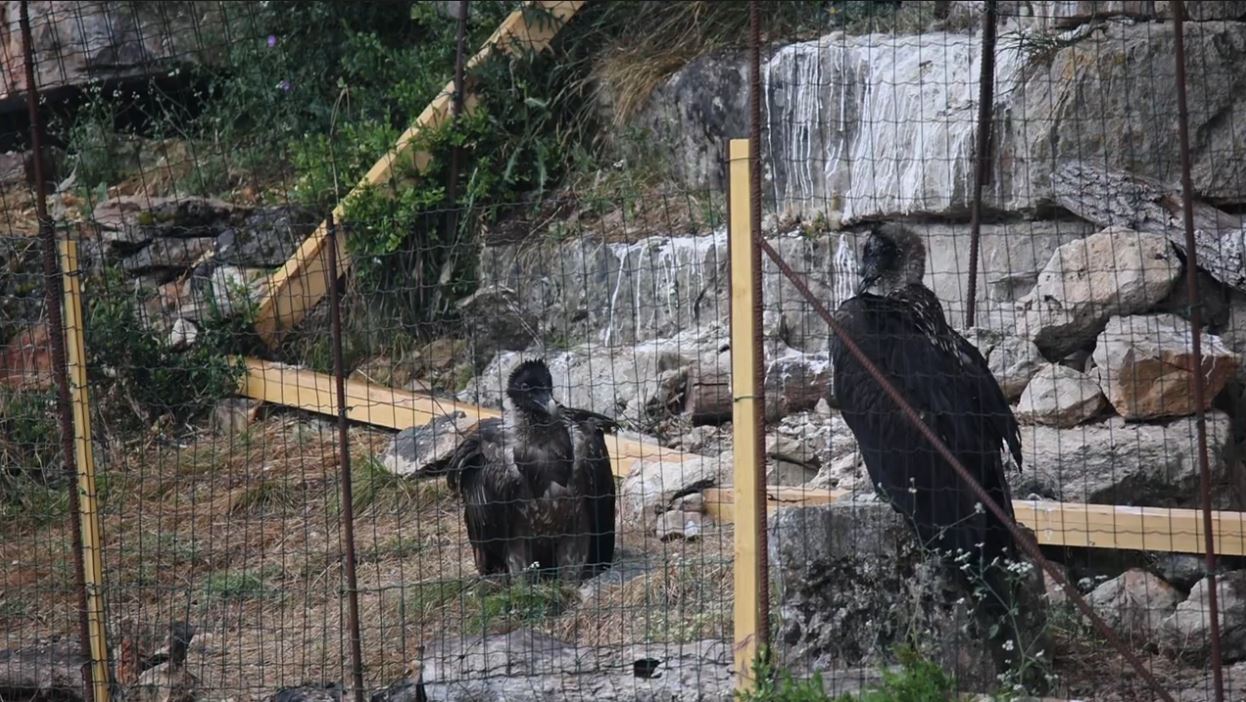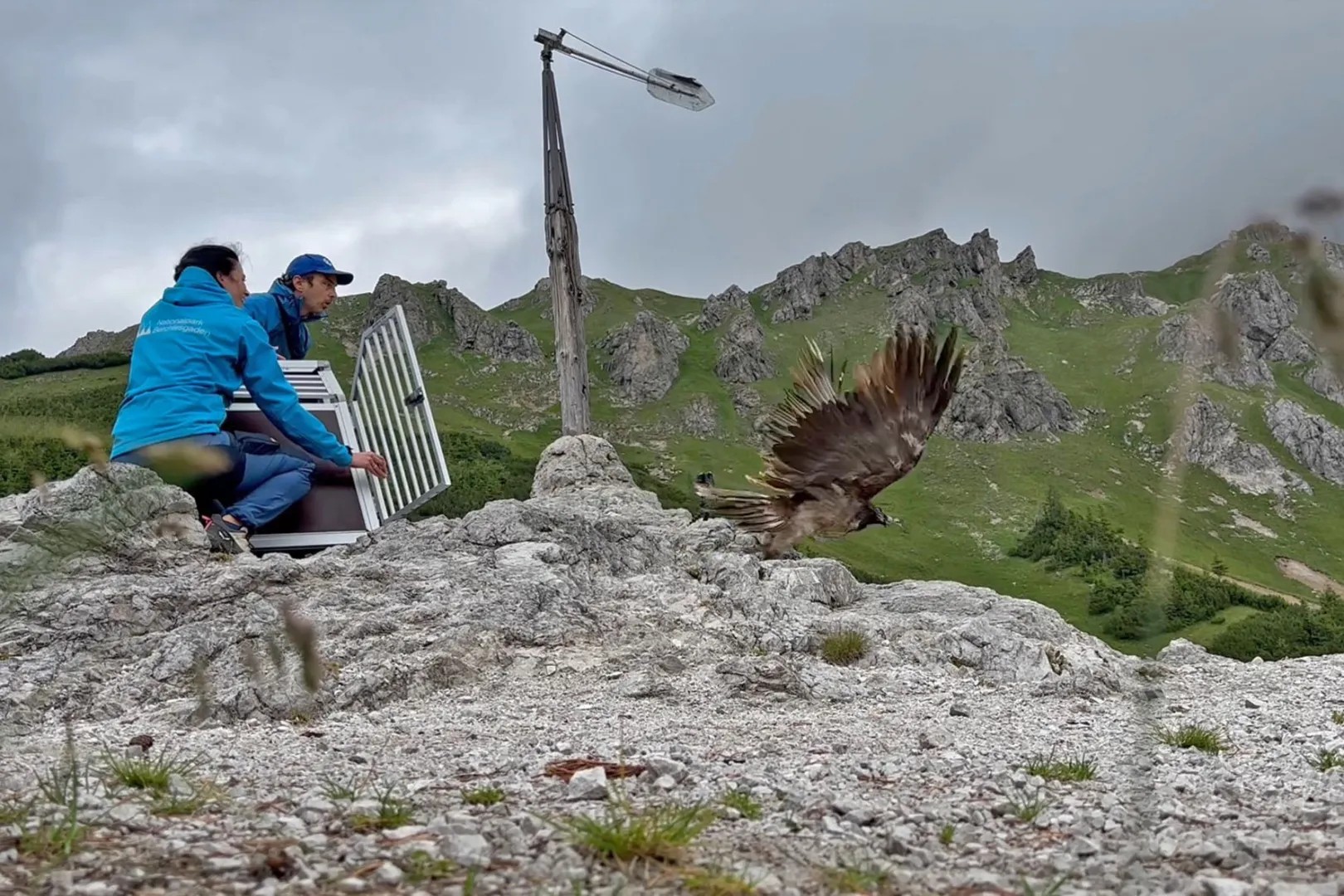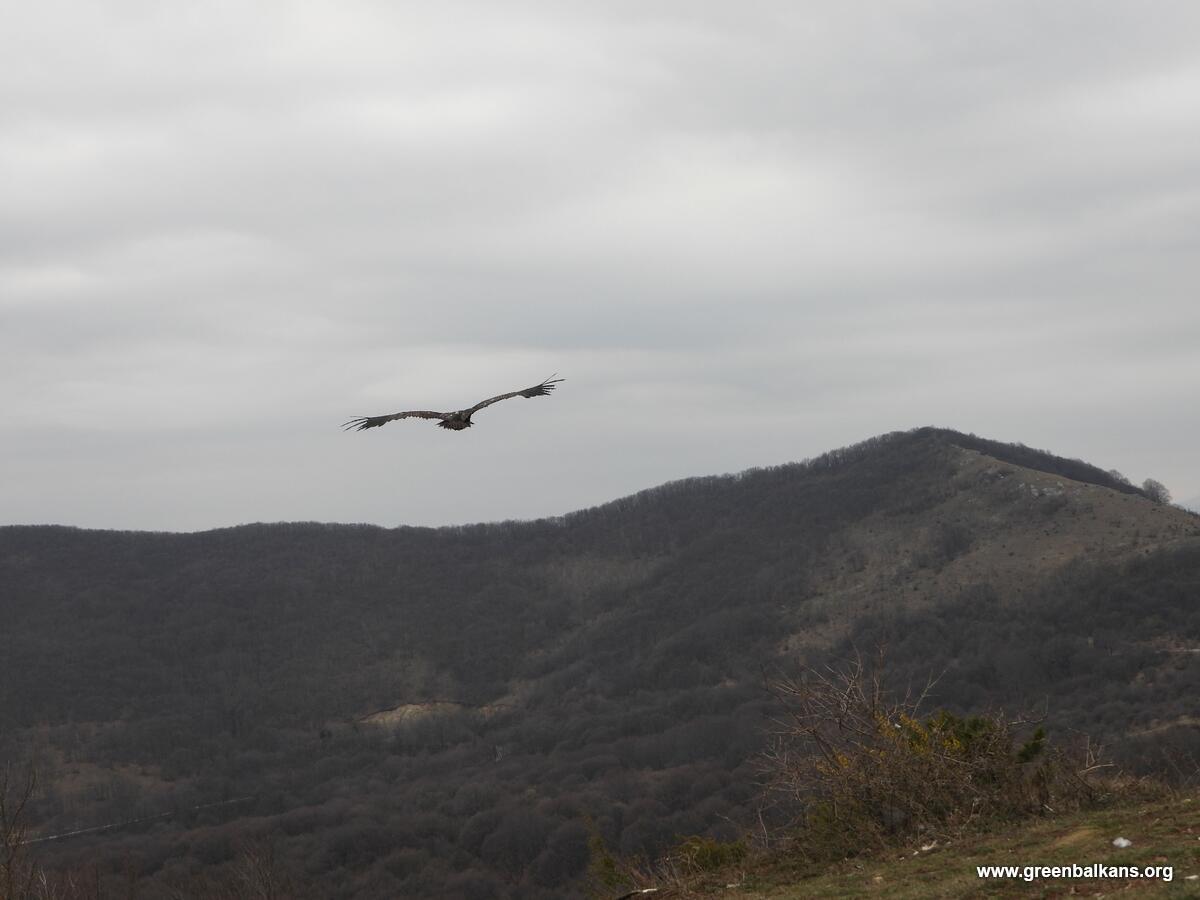The Vulture Conservation Foundation (VCF) has been leading a campaign together with other organisations, to ban veterinary diclofenac – given the risk to vultures, and the existence of an alternative, common sense suggest a precautionary approach should be taken. We had therefore asked the EU Commission tostart a procedure for the withdrawal of an authorized veterinary medicinal drug which affects Community interests,Under Article 35 of Veterinary Medicines Directive (2001/82/EC).
Recently, after months of wrestling, the Commission has mandated the European Medicines Agency (EMA) to come up with a technical opinion on the matter – a de factoacknowledgment that the facts raised by the VCF are relevant.One of EMA´s first steps has been to start a public consultation on the matter, directed at all professional bodies with information about scavenging birds, veterinary practices and the disposal of animal by-products.
The VCF has now submitted its paper on the matter, and tried to answer all the questions asked by the EMA. You can find the VCF´s paper below
The paper concludes that
-
Veterinary diclofenac is extremely toxic to vultures – half of the Griffon vultures will die after ingesting less than 1 mg
-
In India, it caused a 99% decline of vultures – the decline observed could be explained if only 1 in 1000 carcasses available to vultures contained a lethal concentration of diclofenac
-
Between 9,460 and 27,700 animals were treated with diclofenac in Spain during the first year of marketing of this drug alone
-
Tens of thousands, probably hundreds of thousands, of carcasses of cattle, pork and horses are eaten by vultures alone in Spain
-
Many of those come from intensive explorations where veterinary control is not individualised
-
Animal carcasses treated with diclofenac can still kill vultures seven days after treatment (thus even more difficult to control)
-
Vultures are gregarious eaters, with tens, often hundreds of animals eating from a single carcass. One animal carcass treated with diclofenac would be enough to kill dozens of vultures
-
Day to day decision on what to send to vulture feeding stations remains in the hand of farm managers, not veterinarians
-
There is risk that treated cattle in extensive systems can die in the fields and are then almost all eaten by vultures within 1 hour of death
-
The practical measures suggested to minimise risk to diclofenac would be extremely expensive to set up, and would not be 100% safe 100% of the time, due to lack of enforcement, awareness, and veterinary oversight
-
According to the Spanish government own estimate, between 0,11 and 0,22% of all carcasses available to vultures could include diclofenac in 5 years – close to the 0,13%-0,75% that caused the 99% decline in India!
-
Legal availability of diclofenac in Europe causes a precedent and a conduit for a global boom in veterinary diclofenac worldwide
-
THERE IS AN ALTERATIVE DRUG WITH THE SAME THERAPEUTIC PROPERTIES AND PRICE (Meloxicam)
The VCF thus concludes that the risk to European vultures is unacceptable, and thus veterinary diclofenac should be banned in Europe
![]() VCF paper Public Consultation VCF submission final.pdf Adobe Acrobat Document 928.1 KB Download
VCF paper Public Consultation VCF submission final.pdf Adobe Acrobat Document 928.1 KB Download



